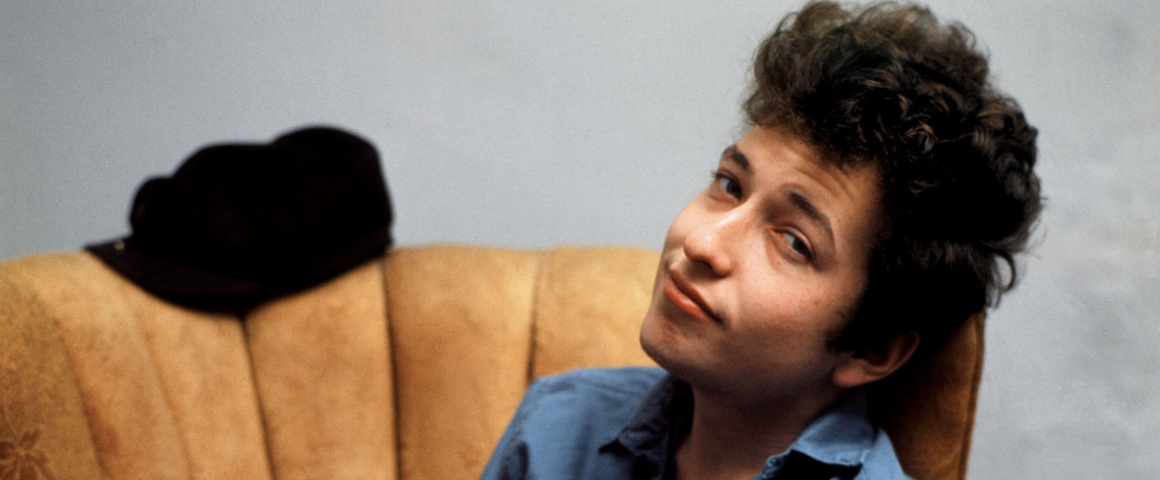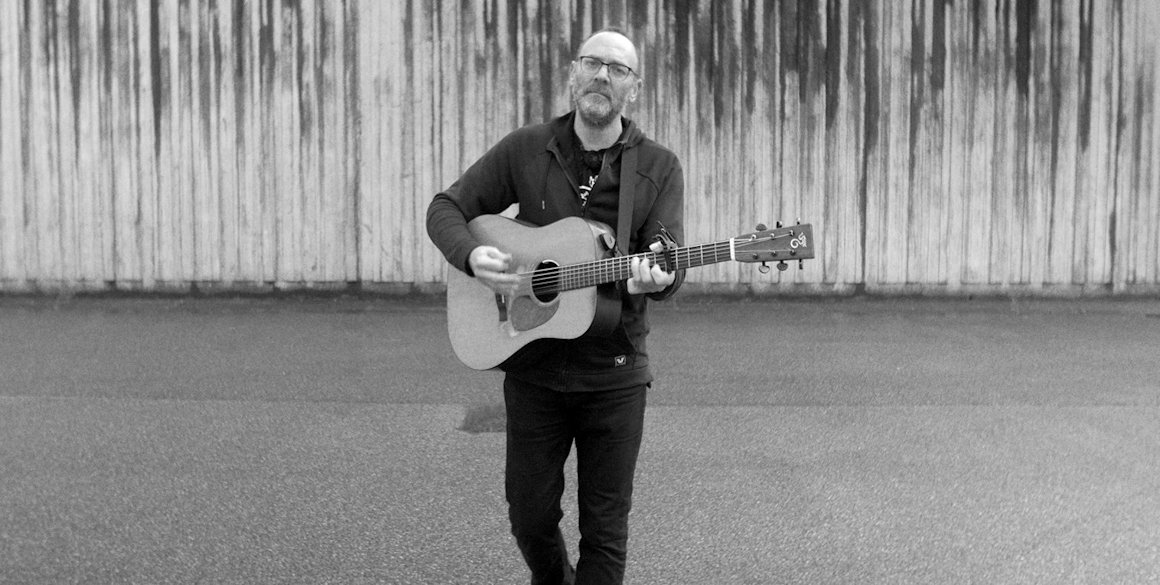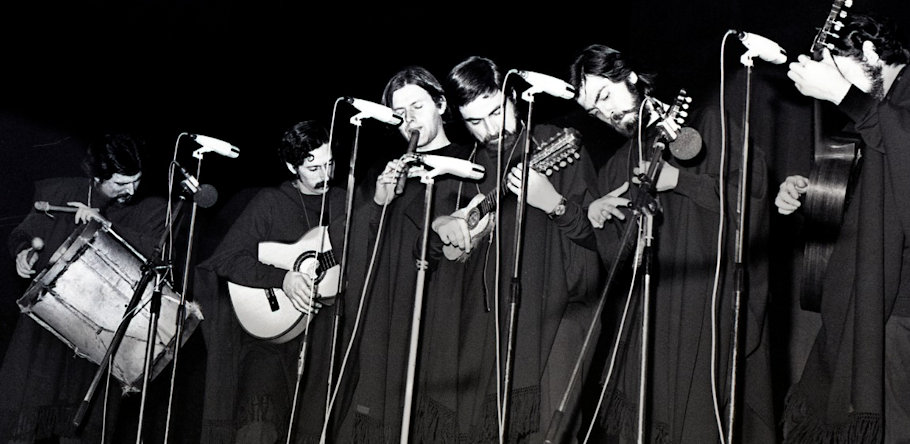On Dylan’s Nobel Prize
Bob Dylan was awarded the Nobel Prize for Literature “for having created new poetic expressions in the American song tradition.” It’s hard to argue with this. If you’re going to allow a songwriter to join the likes of Neruda, Tagore, and Morrison, Bob Dylan is the obvious first choice. More than anyone, he introduced modern poetry into pop music and shaped what was to follow. The Nobel Prize, announced on October 13th, came at a time when the already-debased language of corporate media had reached a new low with the Trump-Clinton election spectacle. The subsequent outpouring of interest in Dylan (and Leonard Cohen, who died on November 7th) is a reminder of our need for meaningful language. Poetry has fulfilled this function since ancient times. Dylan, followed by Cohen, Joni Mitchell, and others, reclaimed the ancient relationship between poetry and music, and thereby claimed a place in public culture that once was dominated by print poets. Dylan’s early sixties anti-war and civil rights anthems (which he still performs) stood out during that time for their narrative and musical power. When he startled the folk music scene by going electric in 1965, he recast his lyrical style too, but songs like “Highway 61 Revisited” and “Desolation Row” continued to have radical connotations. Since the sixties, he has occasionally released political or overtly socially-critical “protest songs”. The best of these, like “Hurricane” (1975) and “Blind Willie McTell” (1983), stretched the artistic limits of the genre. Of course, Bob Dylan is a contradictory figure. While he’s an effective painter of the relationship between individual and social corruption, it’s fair to say – and he probably wouldn’t deny it – that he too is tainted. Accepting money from Chrysler, for example, to be filmed driving a gas-guzzling Cadillac across the American landscape for a Super Bowl TV ad, is unconscionable. While he’s supported good causes over his career, Dylan has been indifferent to others. A case in point is his refusal (like Cohen) to honour the Palestinian call for a boycott of the state of Israel for its illegal occupation of Palestinian lands. One can always hope that he’ll join the movement, but now that he’s been canonized as a “national treasure” the danger for Bob Dylan is that he will cease to be a shape-shifting trickster. His achievement, though, is undeniable.
Maria Schneider vs the Data Lords
One of the outstanding figures in jazz over the past two decades has been arranger-composer and big band leader Maria Schneider. The Minnesota musician has won five Grammy awards and is a perennial poll winner. Schneider is an independent artist who shuns online streamers like YouTube and Spotify. Instead, she’s opted for alternative models of recording and distribution. All of her releases have been with the pioneering crowdfunding company ArtistShare. Her latest project, a yet-to-be-released album tentatively called “Data Lords”, reflects her preoccupation with corporate exploitation of musicians. These days, Schneider is confronting a world where huge corporations reap billions of dollars from the online mining of personal information. She accuses Google, and its subsidiary, YouTube, of fostering a “culture of piracy”, which makes it impossible for musicians to sell their recordings at anywhere near their true value. These corporations, she says, dangle musical works like “bright shiny objects” in order to bring eyeballs to their websites and smart-phone apps. The Digital Millennium Copyright Act (1998) granted them immunity from prosecution for copyright violation. So while the public gets used to getting music for free, they make big money selling user data to marketers, and musicians get peanuts. Maria Schneider’s testimony at the House Judiciary Committee on U.S. copyright law, including “YouTube: Pushers of Piracy”, can be found on her website: www.mariaschneider.com.
Orit Shimoni on the job
Kudos to labour magazine Our Times (www.ourtimes.ca) for publishing an article by a jobbing musician in its “Working For a Living” series. The current issue features an account of a typical small engagement by Montreal Indy singer-songwriter Orit Shimoni, who describes her gig, as she meets the chef and server, fusses with chairs and microphones, and experiments with techniques to woo chatting customers. After the show, she converses with friends and feels grateful that’s she’s got a ride to the place where she’s crashing for the night. Reflecting on her life as a performer, with its hopes and realities, she concludes, stoically, that she’s been fed, has made new connections, has made people smile, and earned enough money to last until the next gig. Shimoni, a former teacher, has been a full-time touring solo singer-songwriter for eight years. She sings of love, war, and social injustice in a rich, deep voice. Her lyrics reveal a penchant for the bleak, laced with compassion and humour. Check out her music, videos and fascinating blog at www.oritshimoni.com




